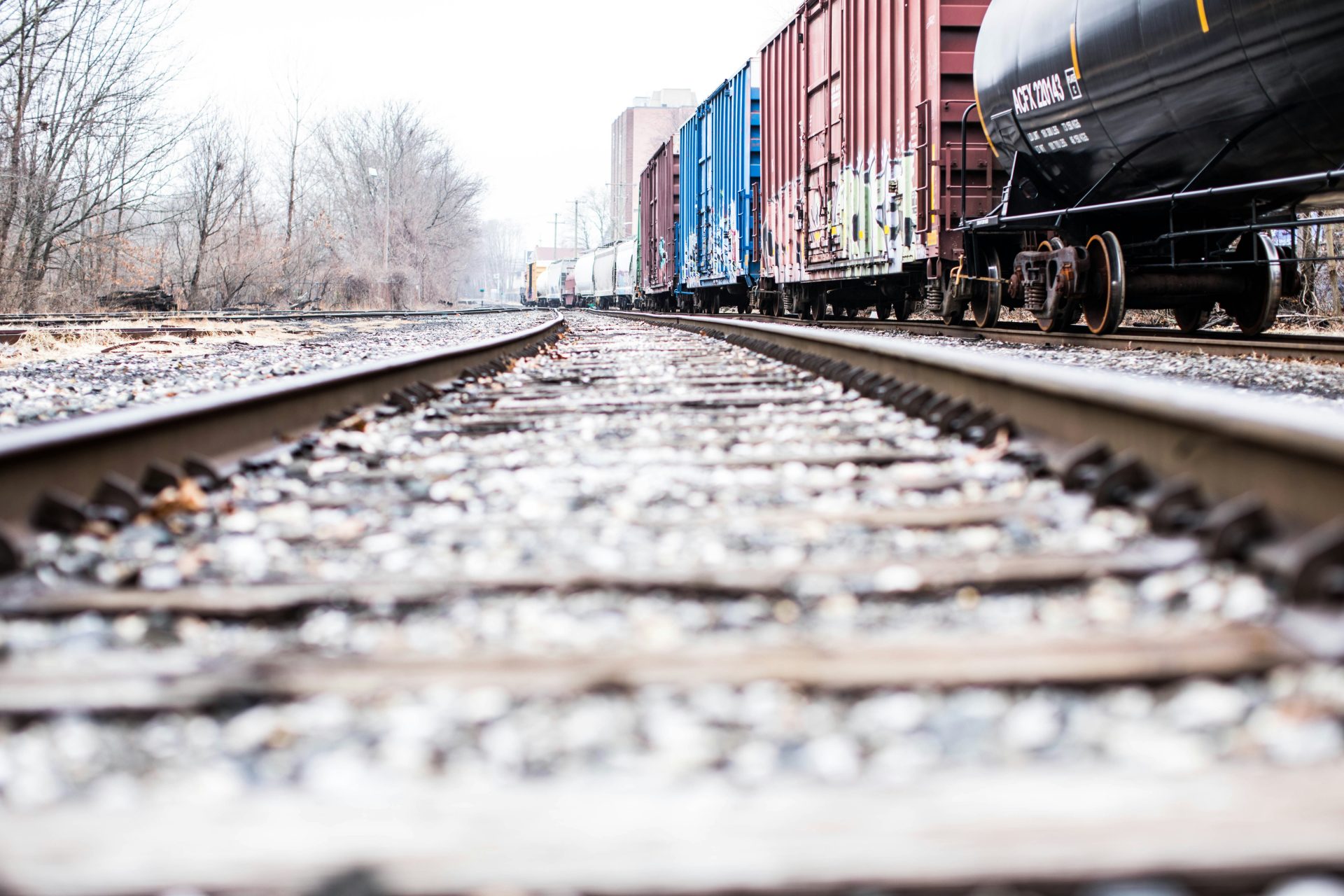Valerie Yurk
CQ-Roll Call (TNS)
U.S. industries are bracing for impact after Canada’s two main freight railways shut down early Thursday morning — an unprecedented stoppage that could disrupt the flow of billions of dollars in goods that pass over the U.S.- Canada border every month.
The two rail companies, Canadian National Railway Co. and Canadian Pacific Kansas City Ltd., are deadlocked in separate talks with Teamsters Canada Rail Conference, with industry experts predicting significant impacts in the U.S. if the strike lasts through the weekend.
The companies said in statements earlier this week that they would lock out workers Thursday unless an agreement or binding arbitration was reached. The union responded by issuing a formal intention to strike with an identical deadline.
Canada’s Labor Minister Steve MacKinnon met with the companies and the union in a last-ditch attempt to avoid the widespread stoppage Wednesday without avail. In separate statements announcing a lockout Thursday morning, CN said the union “did not respond” to a final offer from the company and CPKC blamed the union for making “unrealistic demands.”
The union said in a statement that it has put forward “multiple offers, none of which were seriously considered by either company.” The union represents about 10,000 workers at both rail companies.
“Neither CN nor CPKC has relented on their push to weaken protections around rest periods and scheduling, increasing the risk of fatigue-related safety issues,” the union said. “CN also continues to demand a forced relocation scheme, which could see workers ordered to move across the country, tearing families apart in the process.”
The labor dispute led CPKC on Tuesday to embargo all shipments between the U.S. and Canada, with CN prepared to do the same.
Although the Canadian routes extend into the U.S., the Brotherhood of Locomotive Engineers and Trainmen, a union that represents U.S. rail workers, said each company’s workers would still be required to report for duty at their ongoing U.S. operations. Both unions are affiliated with the Teamsters.
“Just as corporate greed is out of control in America, so too is the case in Canada,” BLET National President Eddie Hall said in a statement Wednesday. “The BLET is proud to stand in solidarity as our TCRC Brothers and Sisters draw a line in the sand and fight this injustice.”
Autos, chemicals and more
According to the Bureau of Transportation Statistics, total trade flows between Canada and the U.S. via rail totaled $9.1 billion in June, roughly 14 percent of all trade between the two countries.
“North American manufacturing supply chains depend on functioning rail links. If rail traffic grinds to a halt, businesses and families across the country will feel the impact,” National Association of Manufacturers President and CEO Jay Timmons said in a statement. “The flow of materials and products across the U.S.- Canada border is already slowing as preparations are made for a potential work stoppage.”
Autos and auto parts were the top commodity transported via rail between the countries in June, totaling $4.1 billion in imports and exports, the bureau reported. Those familiar with the industry estimate U.S. auto plants have roughly three to four days worth of stock before they would have to halt production.
Supply chain experts are also concerned about halting shipments of chlorine and other chemicals used to treat drinking water from Canada to the U.S. Many U.S. wastewater facilities rely on regular shipments of those chemicals since they lack capacity to store them long-term. A source familiar with the supply chain dynamics estimated that cities relying on those imports could be under a boil advisory by Monday if the strike continues.
Agriculture organizations have warned that a stoppage would halt the flow of key agricultural products, like grain and feedstocks for poultry and cattle. The Canadian Federation of Agriculture wrote in a letter last week that the companies had already halted shipments of “hazardous items” including fertilizers ahead of potential work stoppage.
The trucking industry won’t likely be able to cover the void left by freight rail.
Bob Costello, chief economist for the American Trucking Associations, said in an interview that trucks work as a complement to rail rather than a replacement.
Although the trucking industry can pick up some extra capacity, some shipments are simply too big or heavy to be transported via truck, he said.
“The longer the strike goes on, the more negative it becomes for the trucking industry,” Costello said. “Especially if things that you can’t move via truck then don’t get to factories, the factories aren’t producing products that trucks then later haul — it’s a complicated story.”
House Transportation and Infrastructure Committee Chair Sam Graves, R- Mo., released a statement Wednesday urging the Biden administration to “seek a resolution” to avoid supply chain impacts.
But there’s not much the administration can do aside from prod the Canadian government to resolve the matter, John Drake, vice president of transportation, infrastructure and supply chain policy at the U.S. Chamber of Commerce, said in an interview.
“I think the best thing we can expect the Biden administration to do right now is to communicate that a strike is not only going to impact Canada, but it’s going to impact thousands of businesses and consumers here in the United States,” he said.
___
©2024 CQ-Roll Call, Inc., All Rights Reserved. Visit cqrollcall.com. Distributed by Tribune Content Agency, LLC.
Thanks for reading CPA Practice Advisor!
Subscribe Already registered? Log In
Need more information? Read the FAQs




